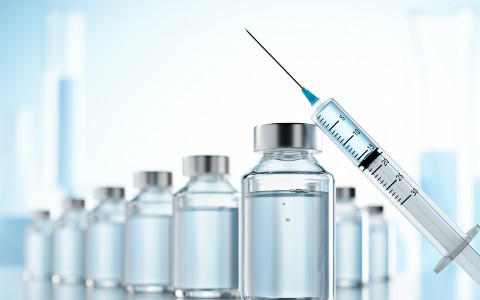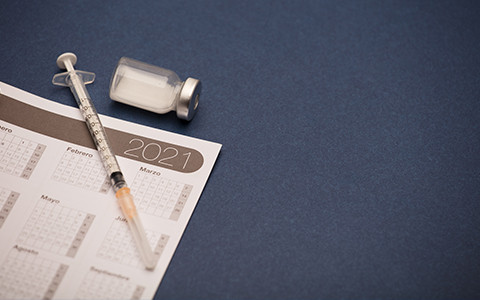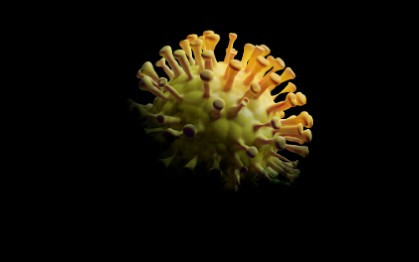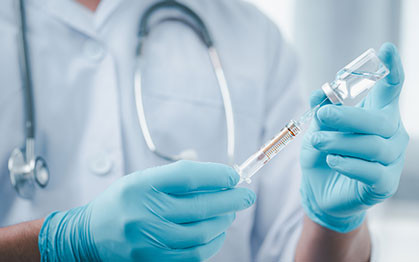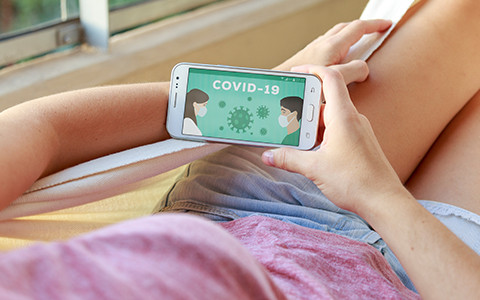XBB COVID-19 vaccine
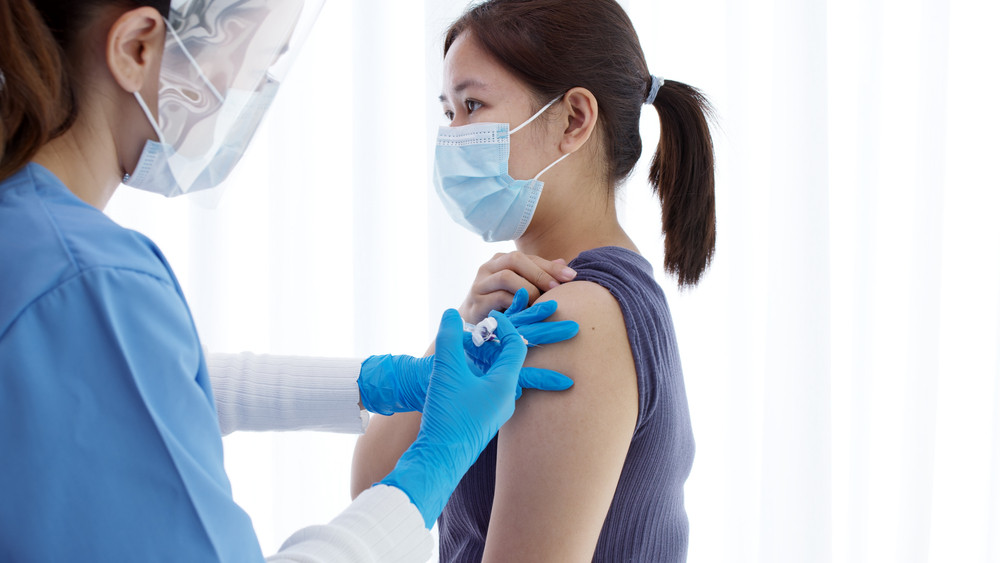
Content
- What is the XBB COVID-19 vaccine?
- Why is it necessary to receive the COVID-19 vaccine even when the pandemic has been controlled?
- I have already received three doses of the vaccine, so is it necessary to receive the COVID-19 vaccine again?
- People who have had a prior COVID-19 infection and developed antibodies may not need to receive the COVID-19 vaccine?
- Can I receive XBB COVID-19 Vaccine?
- How is XBB COVID-19 vaccine given?
- Warnings and precautions
- What are the possible side effects of XBB COVID-19 vaccine?
- Severe allergic reactions
- Myocarditis and Pericarditis
What is the XBB COVID-19 vaccine?
According to the World Health Organization (WHO) surveillance of the COVID-19 pandemic, the most prevalent variant of the coronavirus in 2023-24 is XBB. XBB mRNA COVID-19 Vaccine produced in 2023-24 is the only version designated by the WHO, the Centers for Disease Control and Prevention (CDC) in the United States, and the European Centre for Disease Prevention and Control. It refers to the latest version of the COVID-19 vaccine specifically designed to provide coverage and immune protection against the latest variants of the COVID-19 virus, including XBB.1.5, EG.5.1, and BA.2.86.
Why is it necessary to receive the COVID-19 vaccine even when the pandemic has been controlled?
Although the current COVID-19 situation may be relatively stable compared to previous years, it is important not to underestimate the threat of the virus. COVID-19 still poses a risk to everyone, especially elderly (including those in residential care homes), individuals with disabilities (including those in care facilities), and people with chronic disease. As of September 2023, there have been over 900 deaths related to COVID-19 in Hong Kong alone. With the arrival of the winter season, the peak of influenza is also approaching. Research has shown that dual infection with both COVID-19 and influenza increases the risk of death. Therefore, it is recommended to receive both influenza vaccine and COVID-19 vaccine before the winter season.
I have already received three doses of the vaccine, so is it necessary to receive the COVID-19 vaccine again?
Prevention is better than cure,vaccination is crucial to prevent severe complications and death from COVID-19. Antibody levels can decrease over time, as shown in a 2022 study by the University of Hong Kong and the Chinese University of Hong Kong, the short-term effectiveness against Omicron after receiving three doses of mRNA vaccine or inactivated vaccine was 48% and 30%, respectively. However, after 100 days, the effectiveness against Omicron dropped to 26% and 6%, respectively. Booster doses are therefore important. New variants like XBB, EG.5.1, and BA.2.86 require updated vaccines for optimal protection. The WHO recommends annual COVID-19 vaccination, particularly for high-risk populations, such as the elderly with lower immunity.
People who have had a prior COVID-19 infection and developed antibodies may not need to receive the COVID-19 vaccine?
NO! Even after a COVID-19 infection, vaccination is still recommended as antibody levels can vary among individuals. Evidence shows that a combination of vaccination and infection can provide hybrid immunity, enhancing protection against current variants. Furthermore, who have been infected with the coronavirus and subsequently receive the COVID-19 vaccine are more likely to achieve longer-lasting protection. Therefore, it is recommended to receive boosters after a COVID-19 infection to enhance protection and reduce severe outcomes if reinfected.
Can I receive XBB COVID-19 Vaccine?
You should NOT receive XBB COVID-19 Vaccine if you ares:
- Allergicto previous dose of mRNA COVID-19 vaccine, or to the active substance or any of the other ingredients of this medicine.
Talk to your doctor, pharmacist or nurse before you are given the vaccine if:
- Have ever had asevere, life-threatening allergic reaction or breathing problemsafter any other vaccine injection or after you were given the mRNA COVID-19 vaccine in the past.
- Haveanxiety / are feeling nervous about the vaccination process or have ever fainted following any needle injection.
- Have aweakened or compromised immune system, because of a disease such asHIV infectionor a medicine such as corticosteroid that affects your immune system.
- Have asevere illness or infection with high fever. However, you can have your vaccination if you have a mild fever or upper airway infection like a cold.
- Have anyserious illness.
- Have ableeding problem, you bruise easily or you use a medicine to prevent blood-clots.
- Have previously had episodes of Capillary Leak Syndrome.
How is XBB COVID-19 vaccine given?
XBB COVID-19 vaccine is administered by intramuscular injection in the deltoid region of the upper arm.
Warnings and precautions
1. Other medicines and the mRNA COVID-19 vaccine
Tell your doctor or pharmacist if you are taking, have recently taken, might take any other medicines or have recently received any other vaccine. The JSC considered that mRNA COVID-19 vaccine can be co-administered concomitantly with any other vaccines (including live attenuated vaccines) under informed consent. However, if people wish to space out mRNA COVID-19 vaccine with live attenuated vaccine, an interval of 14 days is sufficient.
2. Pregnancy and breast-feeding
Pregnant women are at higher risk of developing complications from COVID-19 infections.
COVID-19 vaccine can be safely given at any time during pregnancy. The World Health Organization (WHO) recommended that COVID-19 vaccination in mid-second trimester is preferred to optimize protection of the pregnant women, the foetus and the infant.
WHO does not recommend discontinuing breastfeeding because of vaccination. As an mRNA COVID-19 vaccine is not a live vaccine, the mRNA does not enter the nucleus of the cell and is degraded quickly. It is biologically and clinically unlikely to pose a risk to the breastfeeding child.
3. Driving and using machines
Do not drive or use machines if you are feeling unwell after vaccination. Wait until these e ffects have worn off before you drive or use machines.
What are the possible side effects of XBB COVID-19 vaccine?
| Individuals in general | 5 Children aged 5 years and younger | |
| Very common side effects |
Some of these side e ects were slightly more frequent in adolescents aged 12 -15 years than in adults. |
|
Severe allergic reactions
If you experience severe allergic reactions (e.g. di culty in breathing, wheezing, swelling of the lip, tongue or face, hives, etc.) or other adverse events after receiving mRNA COVID-19 vaccine, please consult a doctor immediately.
Myocarditis and Pericarditis
There is an increased risk of myocarditis (in ammation of the heart muscle) and pericarditis (in ammation of the lining outside the heart) after vaccination with mRNA COVID-19 vaccine. These conditions can develop within just a few days after vaccination and have primarily occurred within 14 days. They have been observed more often after the second vaccination, and more often in younger males. The risk of myocarditis and pericarditis seems lower in children ages 5 to 11 years compared with ages 12 to 17 years. Most cases of myocarditis and pericarditis recover. Some cases required intensive care support and fatal cases have been seen.
Following vaccination, you should be alert to signs of myocarditis and pericarditis, such as breathlessness, palpitations and chest pain, and seek immediate medical attention should these occur. Vaccine recipients should avoid strenuous exercise for one week after mRNA COVID-19 vaccination.
More:
-
Sources - Fosun Pharma , mRNA Factsheet for Vaccination
